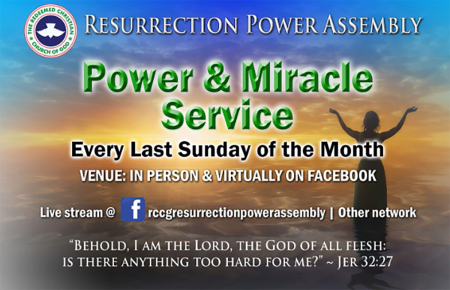Suburban Chicago church sues village, mayor for alleged discrimination: 'Deliberate illegal treatment'

A church in a small suburban Chicago village appeared in federal court Tuesday to request either a declaratory judgment or alternative injunctive relief against their municipality and mayor for alleged religious discrimination.
Redeemed Christian Church of God Resurrection Power Assembly in Dolton, Illinois, is claiming that the Village of Dolton and Democratic Mayor Tiffany Henyard are guilty of "deliberate illegal treatment" by not giving them a business license in violation of the U.S. Constitution and the village's zoning ordinances, according to the complaint filed earlier this month.
Dolton is a village of approximately 21,000 people about 25 miles south of downtown Chicago.
The church, which is being represented by the Chicago-based law firm of Mauck & Baker, alleges that the denial of a business license has prevented it from renovating a building they purchased in June 2023 amid surging attendance.
During the renovation of the property, a building inspector told the church that they would need to acquire a business license to continue operating where they were located on Sibley Boulevard, a limited retail zone.
When Senior Pastor Stephen Osunkeye applied for the license at Dolton Village Hall, the village's housing director reportedly told him that he doubted his application would be approved because Henyard intended to reserve Sibley Boulevard exclusively for commercial purposes.
The complaint noted that Dolton's zoning code permits religious establishments within the church's zoning district, and that nonreligious assembly-use properties such as hotels, municipal buildings, a library, and "philanthropic" establishments have been able to operate in the district.
The complaint alleges that the village's "actions in failing to apply its own Zoning Code facially, and as applied to the church, prevents [the church] and other religious assembly uses from operating anywhere within the ... limited retail district," and that such unequal treatment amounts to a violation of the First Amendment.
In a statement provided to The Christian Post, the church's attorney John Mauck described the situation as "a blatant violation of religious civil rights, as well as an incredible disregard for the village’s own ordinances."
"The village lacks a rational or compelling reason that would justify their denial of Resurrection Power Assembly’s business license to open a church on the property," Mauck added. "The mayor’s desire to limit a street to commercial businesses does not create a compelling interest to violate Dolton’s own zoning code. And it certainly does not justify unconstitutional discrimination against a house of worship."
Henyard, who took office in 2021, is also facing scrutiny amid allegations of extortion, corruption and dragging the village into a multimillion-dollar deficit by misappropriating funds.
Earlier this month, Henyard vetoed a resolution from the village's Board of Trustees to allow external agencies such as the FBI to investigate her, though trustees intend to override her veto when they meet again next month, according to The Chicago Tribune.
The Christian Post has reached out to the Village of Dolton for comment, and will update this story if they respond.
Jon Brown is a reporter for The Christian Post. Send news tips to jon.brown@christianpost.com





















